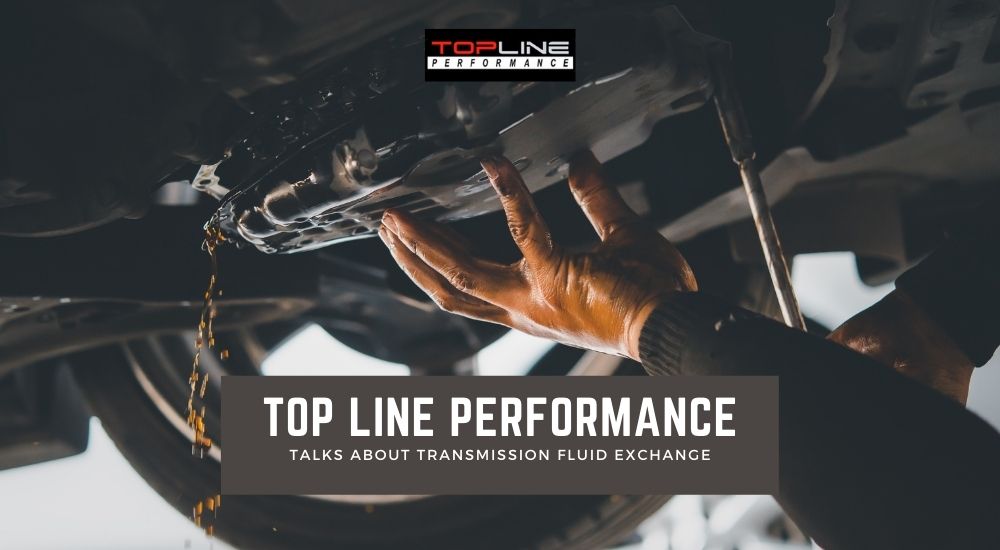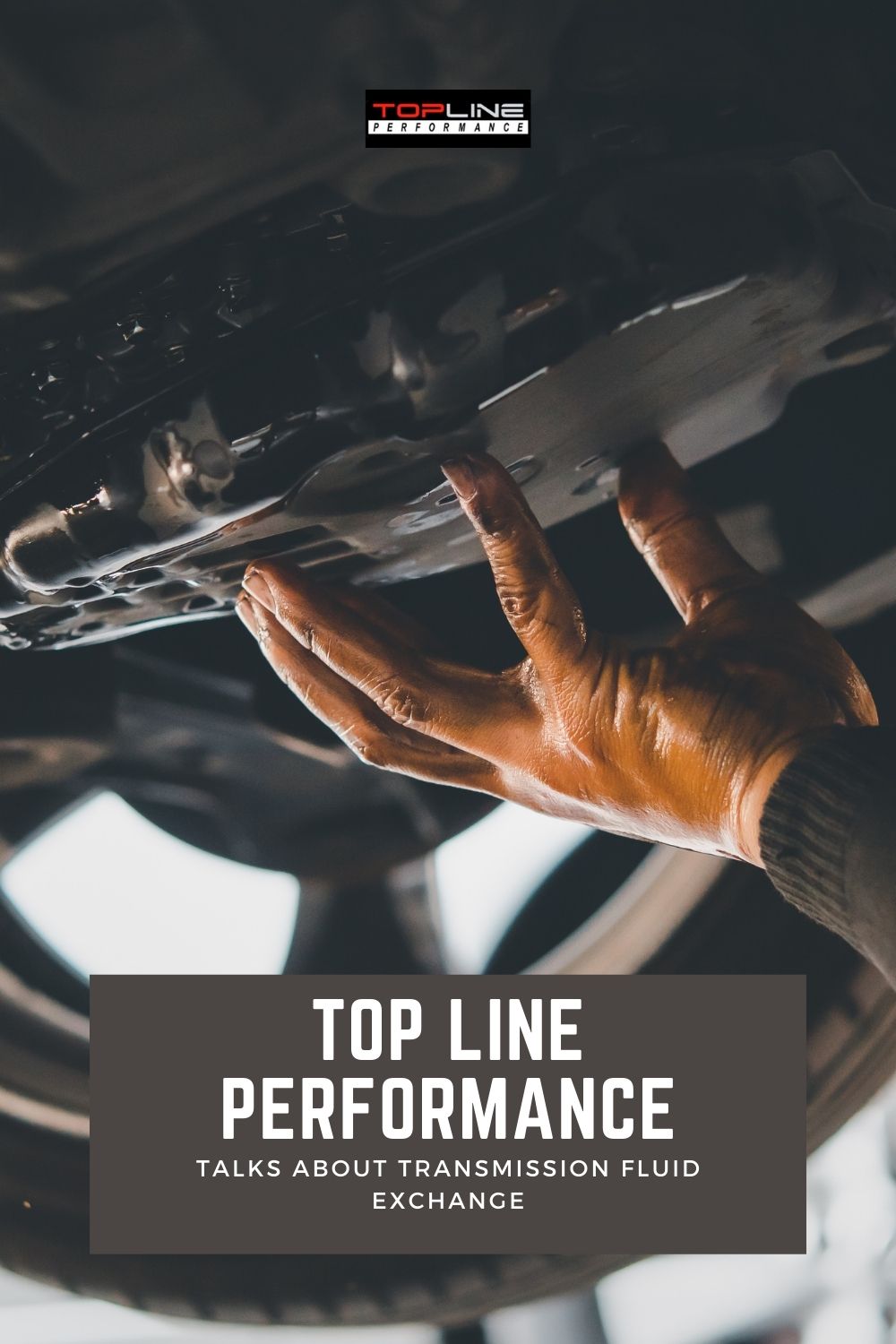
Top Line Performance, an auto repair shop in Huntington Beach, California, understands just how vital it is to keep multiple essential fluids running smoothly through your vehicle. Among these crucial fluids, none stands out quite like transmission fluid. There's no debate here—regularly changing your transmission fluid is absolutely necessary for maintaining a healthy vehicle. However, determining the ideal frequency for this process depends on factors such as the vehicle's make and model, whether it has an automatic or manual transmission, and specific recommendations from the manufacturer. It’s always wise to consult your owner’s manual for precise guidelines tailored to your car. If you've misplaced your manual, don't hesitate to ask your trusted mechanic for advice on establishing a proper maintenance schedule.
An Auto Repair Shop In Huntington Beach, CA Explains What Transmission Fluid Is
Transmission fluid serves as the lifeblood of your vehicle, ensuring seamless gear shifts without causing undue stress on the system. This specialized hydraulic fluid is engineered to cool and lubricate the intricate components within your transmission, allowing each gear change to occur smoothly and efficiently. By doing so, it significantly extends the lifespan of your transmission—a critical responsibility!
Should You Perform Transmission Fluid Exchanges For Both Automatic And Manual Transmissions? And If So, What’s The Difference?
Regardless of whether your vehicle has an automatic or manual transmission, regular transmission fluid exchanges are essential. The primary distinction lies in the frequency of these exchanges. Automatic transmissions typically require more frequent changes because they generate more friction compared to manual transmissions. Cars equipped with manual transmissions can often go longer between fluid exchanges due to fewer moving parts and simpler designs. For instance, an auto repair shop in Huntington Beach might recommend checking your owner’s manual for specific guidance regarding your car’s transmission fluid needs. Alternatively, discussing this with your mechanic can provide clarity on creating a maintenance plan suited to your vehicle.How Are Automatic And Manual Transmissions Constructed Differently?
Each type of transmission operates uniquely, necessitating distinct maintenance routines. Automatic transmissions utilize a torque converter—a mechanism that uses fluid flow to transfer power—while manual transmissions rely on a clutch operated manually by the driver. In a manual transmission, gears are engaged and disengaged manually during each shift, whereas automatic transmissions handle gear changes autonomously. Consequently, automatic transmission fluids tend to degrade faster than those in manual systems, primarily because automatic transmissions involve more complex mechanisms that depend heavily on fluid performance.Why Is It Crucial To Conduct Regular Transmission Fluid Exchanges?
Neglecting transmission fluid exchanges poses significant risks to your vehicle. Old transmission fluid can lead to debris accumulation, which may harm the transmission over time. Transmission fluids contain vital additives that protect against wear and maintain optimal operating temperatures. Over time, these additives lose effectiveness, leaving your transmission vulnerable to damage. Visiting a reputable auto repair shop in Huntington Beach, such as Top Line Performance, ensures timely service before issues escalate. Delaying transmission fluid exchanges beyond the recommended interval outlined in your manual can result in costly repairs down the line.How Often Should You Schedule A Transmission Fluid Exchange?
Fortunately, transmission fluid doesn’t need replacement as frequently as engine oil. According to auto repair professionals in Huntington Beach, exchange intervals vary based on vehicle specifications and transmission type. As a general rule, aim for a transmission fluid exchange every 24,000 to 36,000 miles or every two to three years, whichever comes first. Some newer models may suggest intervals ranging from 15,000 to 100,000 miles depending on their sealed transmission designs.What Benefits Come From Regular Transmission Fluid Exchanges?
Performing routine transmission fluid exchanges prevents slippage caused by wear and improves overall vehicle handling. Replacing old fluid with fresh, high-quality fluid restores smoothness to gear shifts and enhances the efficiency of your transmission system. Drivers often notice dramatic improvements in driving comfort post-exchange, experiencing smoother transitions between gears.Is It Advisable To Change Transmission Fluid On High-Mileage Vehicles?
Opinions differ among mechanics regarding transmission fluid exchanges on high-mileage vehicles. Some argue against making changes unless absolutely necessary, fearing that new fluids could destabilize existing deposits that help hold components together. Others believe fresh fluids rejuvenate older transmissions, particularly when they exhibit signs of failure. Given the relatively low cost of transmission fluid exchanges compared to costly repairs or rebuilds, adhering to recommended intervals outlined in your owner’s manual is advisable. Doing so minimizes potential damage and reduces future expenses.How Does Transmission Fluid Deteriorate, And What Happens When It Does?
Like engine oil, transmission fluid deteriorates under normal usage conditions. During gear shifts, friction generates heat, which must be dissipated by the fluid. Heavier loads increase heat production, accelerating fluid degradation. Warmer fluids lose their ability to lubricate effectively, shortening component lifespans and increasing the likelihood of mechanical failures. By addressing these concerns proactively through regular maintenance, you ensure longevity and reliability for your vehicle’s transmission system. Always seek professional assistance from experienced technicians who prioritize quality care and customer satisfaction.Mutli Function Station ,High Quality Power Plate,High Quality Power Runner Machine,Gym Power Runner Machine
kangerte , https://www.corertefit.com
